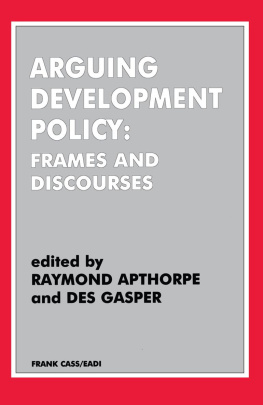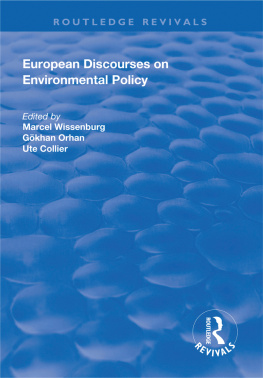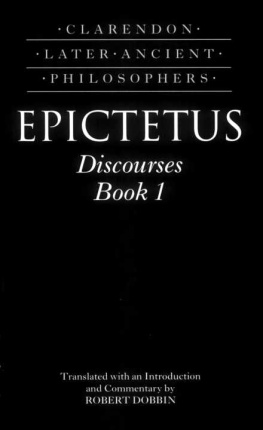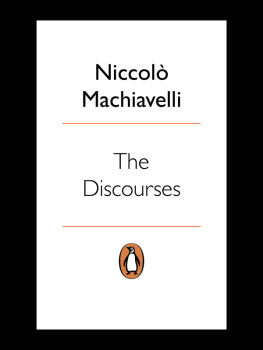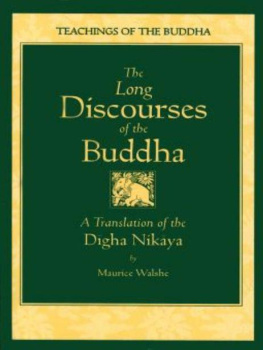First Published 1996 by
FRANK CASS AND COMPANY LIMITED
Published 2014 by Routledge
2 Park Square, Milton Park, Abingdon, Oxon OX 14 4RN
711 Third Avenue, New York, NY, 10017, USA
Routledge is an imprint of the Taylor & Francis Group, an informa business
Copyright 1996 Frank Cass & Co. Ltd.
British Library Cataloguing in Publication Data
A catalogue record for this book is available from the British Library
Library of Congress Cataloging-in-Publication Data
A catalog record for this book is available from the Library of Congress
This group of studies first appeared in a Special Issue on Arguing Development Policy: Frames and Discourses of the European Journal of Development Research, Vol.8, No.l, June 1996 published by Frank Cass & Co. Ltd.
All rights reserved. No part of this publication may be reproduced, stored in a retrieval system or transmitted in any form, or by any means, electronic, mechanical, photocopying, recording, or otherwise, without the prior permission of the publisher.
ISBN 13: 978-0-714-64294-9 (pbk)
Typeset by Frank Cass & Co. Ltd.
DES GASPER and RAYMOND APTHORPE
Raymond Apthorpe, Five Houses International, PO Box K410, Haymarket, Sydney 2000, Australia (fax 61-2-261-1222). Des Gasper, Institute of Social Studies, PO Box 29776, 2502 LT The Hague, The Netherlands (e-mail: gasper@iss.nl). The authors thanks go to Cristbal Kay for his encouragement, and to the contributors for their co-operation at all stages. Des Gasper gratefully acknowledges the support of Shanti George.
Introducing a collection on policy discourses and argumentation in international development, this review clarifies meanings of discourse analysis, and emphasises that discourse analysis requires systematic attention to texts as well as contexts. It outlines work in policy discourse analysis, notably on metaphors, framing and policy narratives.
Discourse analysis of policy-stating, -arguing and -justifying provides a rewarding way to consider development policy. While recent work on development discourse has brought many striking and notable insights, there is need now for sifting and clarification, followed by more searching applications of discourse analysis. The work on development policy in particular has been weakly connected to relevant work on policy discourse and methods of analysis. And since development policy (or, as known in the US, international development policy) is many faceted we should be cautious in generalisation. Widely different things are done under its name; and stances to leave it to the market are just as much policy interventions as those advocating control by central planning.
To sustain the empirical and theoretical work required on development policy discourse, one should look at three existing areas: discourse analysis in general, development discourse, and policy discourse. We would like in this introduction to comment on these three background areas, how they link to our foreground area, and to the nature of the papers that follow. We will try to clarify the terms discourse and discourse analysis, specify a number of different varieties, including as applied in development studies, and explain why effective discourse analysis requires systematic attention to both text and context, based on serious methods and theories. In the second section we outline a corresponding agenda of work in policy discourse analysis. And in the final section we introduce the contributions and comment on the collection as a whole.
Discourse analyses of development policy can strive for demolition or look for ways forward. Our main thrust is to increase room for manoeuvre in analysis and reform, not refuse or diminish it. And while the varieties of discourse analysis run from the linguistic-semantic to the ideological-political, our major emphasis will be to analyse development policy discourse as argumentation. Discourse analysis involves argumentation analysis when, through precise readings of text and subtext, it emphasises discursive moves as being moves in logic as well as of style or community.
DISCOURSE, DISCOURSE ANALYSIS AND DEVELOPMENT DISCOURSE
The term development discourse is used in a variety of ways, for example, to mean talking rather than doing; diversionary and deceptive language; a prescriptive rather than descriptive stance; or as expression of the type of modernisation approach that became derogatorily known as developmentalism, originally in Latin America. We mention a few other ways later. This plurality reflects the state of usage of the term discourse more widely. For besides everyday misusages, significant gaps exist between the definitions in different research streams in the social sciences and policy fields. (Van Dijk [1990] gives an overview of various streams.)
Some work uses the term to signal awareness of post-structuralist and postmodern theorists. When more than purely fashionable, this first usage is often broadly as follows:
(1) Discourse is here defined as an ensemble of ideas, concepts, and categories through which meaning is given to phenomena. Discourses frame certain problems; that is to say, they distinguish some aspects of a situation rather than others [Hajer, 1993: 45] (emphasis added).
Such use of discourse to mean an intellectual framework (for example, Corbridge [1992]) has given a new name for talking about alternative schools, approaches, paradigms, disciplinary matrices and so on. A strength, but also a danger, of some of this type of work is a presumption that intellectual positions are structured like a tree, that is, that they are based on a few fundamental and invariable assumptions. In reality, positions can and do support themselves in different (even contradictory) ways, and do evolve. Further, the comprehensive sense of paradigm can be misused in claims that only a small number of package deals are available, with all ones choices flowing from a single choice. People may then label each other liberal, Marxist, populist or whatever, and neglect the individuality, novelty and overlaps of positions. This is not conducive to careful probing of the content and framing of specific arguments.1 And for those not experienced in textual analysis, such work can lack systematic tools for dissection at the level of supposed paradigms and for precise examination of and now we shift to a second, older, usage actual discourses and texts.
(2) In Linguistics, a stretch of language larger than the sentence [is a discourse] [Bullock and Stallybrass, 1977:175]; any piece of language longer (or more complex) than the individual sentence [Honderich, 1995: 202].
From the two senses, (1) discourse as an intellectual framework and (2) discourse as an extended stretch of language, comes a hybrid sense: an extended discussion within a particular framework.
Discourse analysis in this second usage means more than the analysis of single terms and of sentences as isolated propositions, namely:
the study of those linguistic effects semantic, stylistic, syntactic whose description needs to take into account sentence sequences as well as sentence structure [

